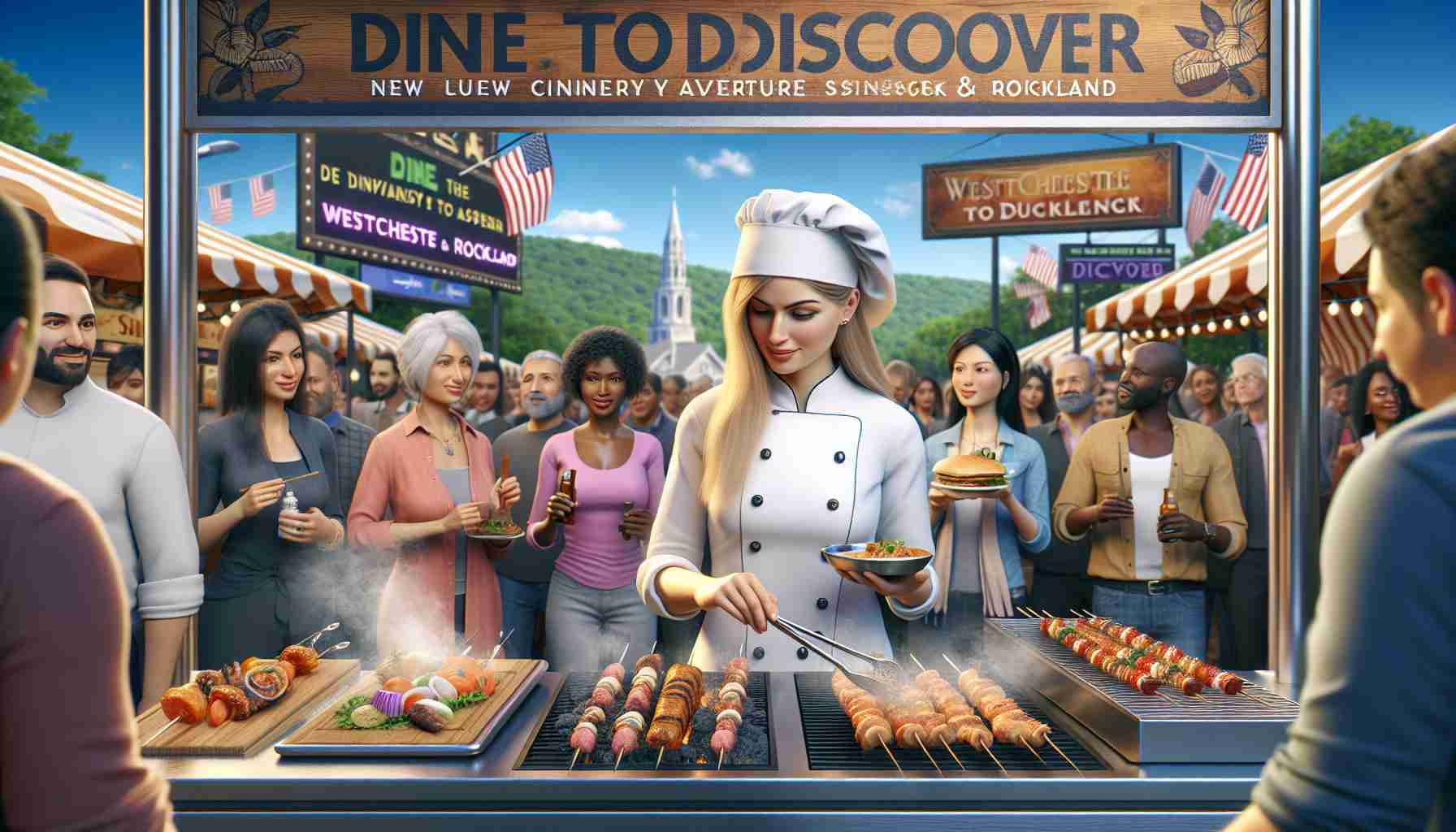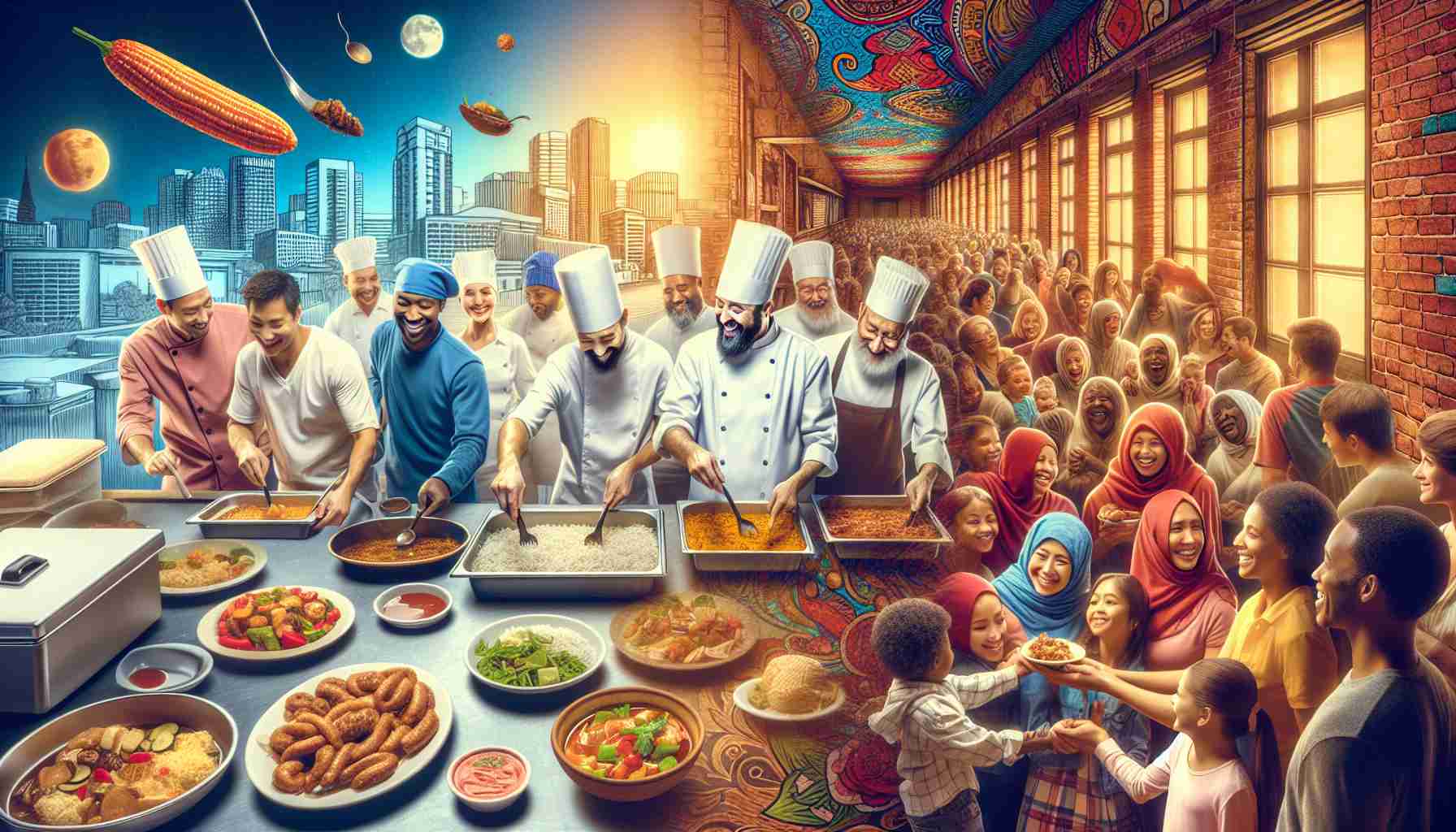Robots Are Brewing! The Future of Coffee Production.
- The introduction of robotic technology is revolutionizing the coffee industry, enhancing efficiency and transforming traditional methods.
- Autonomous machines with AI-driven sensors are now capable of harvesting and processing coffee with remarkable accuracy, reducing waste and improving quality.
- Robotic baristas in urban areas are providing consistent, personalized coffee experiences quickly and efficiently.
- This technological shift benefits farmers by increasing yields and cutting labor costs, while coffee consumers enjoy consistently perfect brews.
- As robots continue to evolve, their impact on the coffee industry is expected to grow, offering sustainable and innovative solutions.
The coffee industry, known for its rich traditions and intricate flavors, is on the brink of a technological revolution. While artisanal methods remain cherished, the latest development gaining momentum is the introduction of robotic technology in coffee production. This shift is not only poised to boost efficiency but also reshape the very landscape of how coffee is cultivated and prepared.
At the forefront of this change is a new generation of robots engineered to handle tasks from harvesting coffee cherries to processing beans. These autonomous machines are equipped with AI-driven sensors that can determine the optimal time for picking by analyzing the color and firmness of the berries. Such accuracy not only enhances the quality of the harvest but also minimizes waste, presenting a sustainable option for farmers.
In urban settings, robotic baristas are disrupting the traditional cafe experience. Equipped with precise brewing algorithms, these machines can prepare a perfect cup of coffee—tailored to individual preferences—in a fraction of the time a human barista would require. This technology not only improves speed and consistency but also offers insights into customer habits and preferences through data collection.
This technological integration within the coffee industry is set to benefit both producers and consumers. Farmers can expect increased yields and reduced labor costs, while coffee enthusiasts can enjoy a perfect brew every time. As robotic technology continues to evolve, its potential impact on the coffee industry is as promising as it is transformative.
The Robots are Coming: How Technology is Revolutionizing the Coffee Industry
The coffee industry is embracing technological innovations, with robotics playing a pivotal role in transforming both farming and cafe experiences. This change is reshaping the landscape, bringing increased efficiency and sustainability to the forefront. Here are three crucial questions related to this industry revolution:
1. How are robotic technologies enhancing coffee production sustainability?
Robotic technologies are significantly boosting sustainability in coffee production. These autonomous machines, with AI-driven sensors, ensure minimal waste during the harvest. They can analyze the color and firmness of coffee cherries, picking only the ripe ones. This precision leads to higher quality yields and reduces the environmental impact, as fewer resources are wasted. Additionally, robots help in reducing the need for intensive manual labor, which can lead to more socially sustainable agricultural practices by decreasing labor costs and improving working conditions. For more insights into technology and sustainability in agriculture, visit CNBC.
2. What are the pros and cons of using robotic baristas in cafes?
Pros:
– Consistency and Speed: Robotic baristas can prepare consistently perfect cups of coffee at high speed, catering to customer preferences with precision.
– Data Insights: These machines provide valuable data on customer habits, allowing cafes to personalize offerings and streamline operations.
– Cost Efficiency: Reduced dependency on human baristas can lead to lower labor costs and reduced operating expenses.
Cons:
– Lack of Personal Touch: While efficient, robots lack the human interaction and charm that customers may expect from a traditional coffee experience.
– High Initial Investment: The cost of integrating high-end robotics can be substantial, posing a barrier for smaller businesses.
– Technical Malfunctions: Reliance on machines introduces the risk of technical issues, requiring maintenance expertise.
Explore innovations in the tech industry with The Verge.
3. What future trends and predictions are shaping the coffee industry with robotic technologies?
Robotic technology is anticipated to continue its evolution, bringing more sophisticated capabilities to the coffee industry. Future trends may include:
– Fully Automated Coffee Shops: We may see cafes that are entirely run by machines, transforming customer service models and business strategies.
– Advanced AI Algorithms: Improvements in AI will lead to even more precise and diversified coffee preparation methods, catering to niche markets and exotic flavors.
– Integration with Smart Devices: Customers might soon control their coffee-brewing experience from home or remotely through smart devices and mobile apps.
As the industry moves forward, the potential for further integration of robotics in coffee production and preparation promises exciting developments. For more about evolving market trends, check out TechCrunch.
Embracing these innovations, the coffee industry stands at the cusp of a new era, where technology holds the key to unlocking unprecedented possibilities for growth and sustainability.









